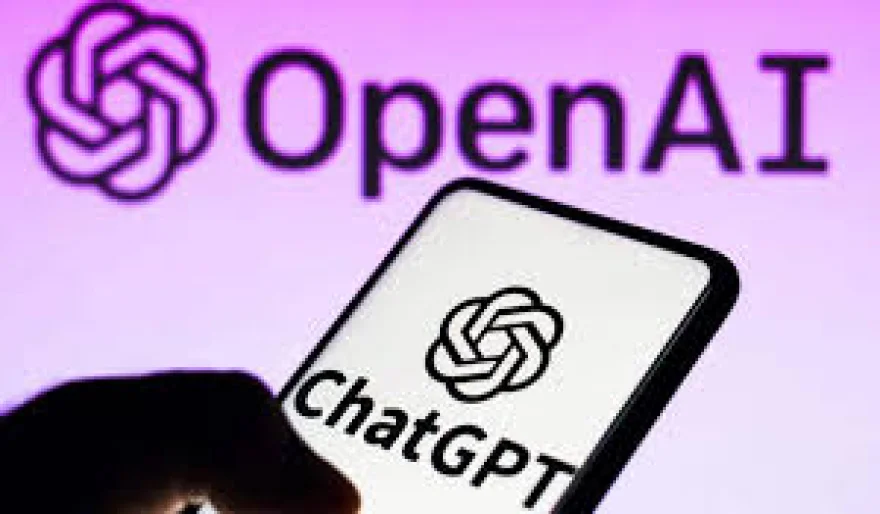Stay Ahead of the Curve
Latest AI news, expert analysis, bold opinions, and key trends — delivered to your inbox.
OpenAI postpones the launch of ChatGPT’s new Voice Mode
4 min read OpenAI just announced a delay in the highly anticipated "Voice Mode" feature for ChatGPT. Originally slated for a limited alpha release to a select group of paid users in late June, Voice Mode is now getting pushed back to sometime in July. June 26, 2024 07:35
OpenAI, the minds behind the popular ChatGPT language model, has announced a delay in the highly anticipated launch of its "Voice Mode." Originally slated for a late June release to a limited group of paid users, Voice Mode is now expected to arrive sometime in July.
Why the Delay?
OpenAI is tight-lipped about the exact reasons, but here are some possible explanations:
- Technical Hurdles: Developing a realistic and engaging voice experience with an AI model like ChatGPT comes with technical challenges. Refining natural-sounding speech, ensuring smooth interaction flow, and handling unexpected user inputs are all crucial aspects that might require more development time.
- Safety and Security Concerns: AI voice assistants are susceptible to misuse. OpenAI might be taking extra time to ensure Voice Mode has robust safeguards in place to prevent the spread of misinformation or harmful content.
- Scaling Up for Millions: ChatGPT currently enjoys a large user base. OpenAI might be focusing on ensuring their infrastructure can handle the additional strain of millions potentially using the Voice Mode feature simultaneously.
What About the Users?
The delay might be a disappointment for those eager to try out the voice interaction features. Here's what we know so far:
- Limited Alpha Release in July: OpenAI still plans to release Voice Mode in alpha (testing) mode to a select group of paid users in July.
- Wider Rollout Later: A broader public release for all paid users might happen later this year, but the exact timeframe remains unclear.
The Future of AI Voices
Despite the delay, OpenAI's Voice Mode holds promise for the future of AI interaction:
- A More Natural Experience: Voice interaction offers a more natural way to communicate with AI assistants, potentially making interactions more intuitive and engaging.
- Accessibility Boost: Voice assistants can improve accessibility for users with visual impairments or other limitations.
- A New Chapter in Human-AI Interaction: Voice Mode represents a step towards more nuanced and interactive AI experiences, paving the way for a future where AI seamlessly integrates into our daily lives through voice commands.
OpenAI's delay of ChatGPT's Voice Mode highlights the complexities of developing advanced AI features. While users might have to wait a bit longer, the wait could be well worth it for a more polished and robust voice interaction experience.



















 AI Agents
AI Agents